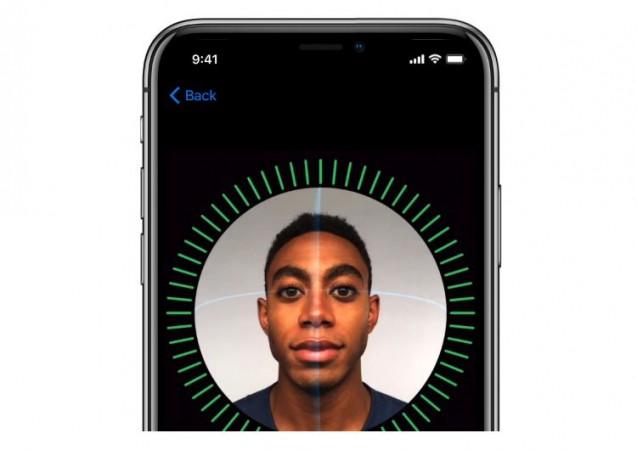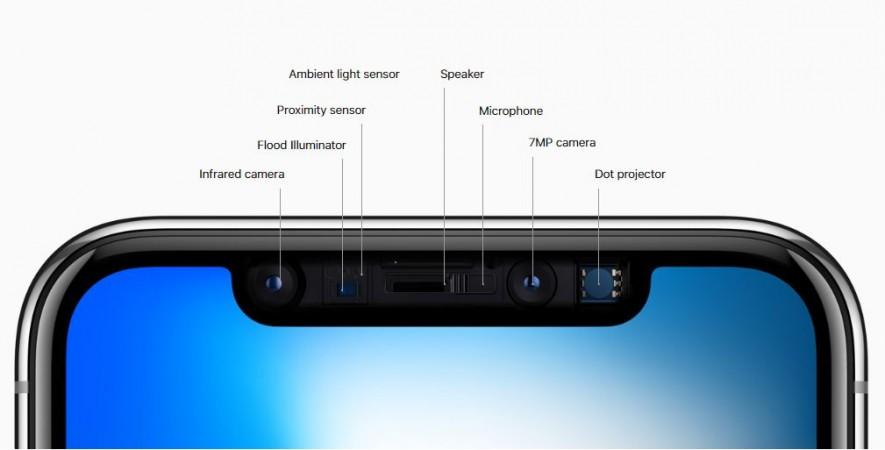With the launch of the new Apple iPhone X is only two days away, tech enthusiasts around the world are eagerly waiting to get their hands on the latest flagship phone and unlock it with their face. What makes it possible is the company's new facial recognition technology, called Face ID, which has already created a lot of buzz among consumers as well as privacy activists.
The iPhone X, which will go on sale from November 3, is designed to be unlocked with a facial scan of the user. According to Apple, the Face ID cannot be tricked by a photo and the data it uses to unlock the device will be stored on the phone, instead of any database.

Enterprise employees think Face ID is trustworthy
Amid an ongoing debate on whether we are fully ready to adopt a sophisticated technology like Face ID, a survey conducted bySecret Double Octopus, an Israel-based security company, showed that among employees of medium and large enterprises, 81 percent of respondents perceive Face ID as trustworthy.
The survey results also underscored the toll passwords have taken on employees in enterprise environments both in terms of security and user experience. According to the results, both Touch ID and Face ID are considered as a better way to authenticate users in a work environment, with 73 percent of employees saying that they will prefer Face ID to passwords.
In addition, 70 percent of the respondents have categorized Face ID as "extremely or very trustworthy" while 91 percent think it will be easy to use. The survey is included in a report titled, "Facing a Future without Passwords."

"The results demonstrate the need for organizations to seriously consider the impact Face ID will have on their security environment and explore how they can leverage the technology both as a second-factor authentication measure, as well as a way to replace passwords altogether, because that is where we are headed," Raz Rafaeli, CEO of Secret Double Octopus, said in a statement.
Privacy activists remain sceptical
Despite Apple's claim that the Face ID in the iPhone X comes with a number of privacy safeguards, privacy activists fear the extensive use of facial recognition will "normalise" the technology, allowing law enforcement agencies to use it at will.
"Apple has done a number of things well for privacy but it's not always going to be about the iPhone X," AFP quoted Jay Stanley, a policy analyst with the American Civil Liberties Union, as saying. "There are real reasons to worry that facial recognition will work its way into our culture and become a surveillance technology that is abused."

There are also concerns over marketers getting access to a largely unregulated tool in the form of Face ID. According to Clare Garvie of the Georgetown University Law School, Apple seems to have taken a responsible approach, but not others.
Widespread use of facial recognition "could make our lives more trackable by advertisers, by law enforcement and maybe someday by private individuals," Garvie told AFP.
Apple claims the Face ID learns your face. Thanks to the TrueDepth camera system, the Face ID makes a complete 3D map of you face and matches it against the stored image on the phone to unlock it. The TrueDepth camera system is made up of a lot of sensors, including an infrared camera, a flood illuminator and a projector that throws as many as 30,000 infrared dots on your face to scan it.

















